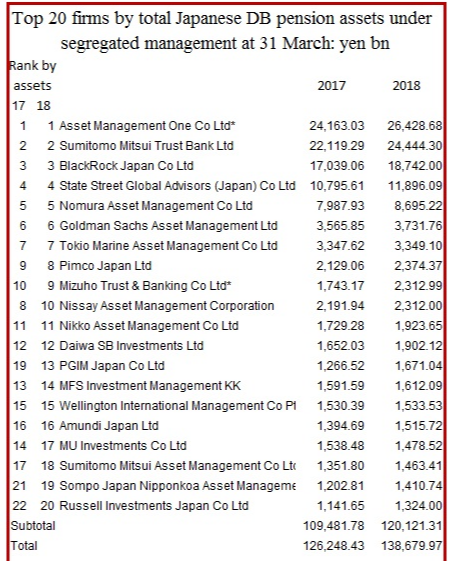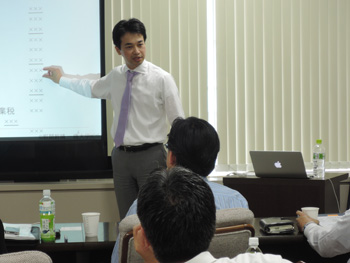
In early December, the Asian Corporate Governance Association (ACGA) released the ninth edition of the highly anticipated CG Watch 2018 report, published in collaboration with CLSA. Titled “Hard Decisions: Asia faces tough choices in CG reform”, this biennial regional survey of corporate governance compares and ranks 12 markets in Asia Pacific. Unfortunately, Japan was downgraded from the third position to the seventh position in the report. In this seminar, Jamie Allen, ACGA’s Secretary General will explain the ranking process. He will also talk about how Japan’s fall in ranking in the survey does not mean Japan is “going backwards” on corporate governance. On the contrary, the report recognizes the progress that’s being made in many areas. However, Jamie will clarify how Japan’s regulatory reform needs to focus more on “hard law” (e.g., takeover rules, third-party allotments, collective engagement rules) and not just principles-based “soft law” (CG Code, Stewardship Code). Jamie will carve out a roadmap for the future to bring about cultural or behavioural change on the part of companies, investors and other stakeholders, and will focus on timely issues as the protection of minority shareholders.




